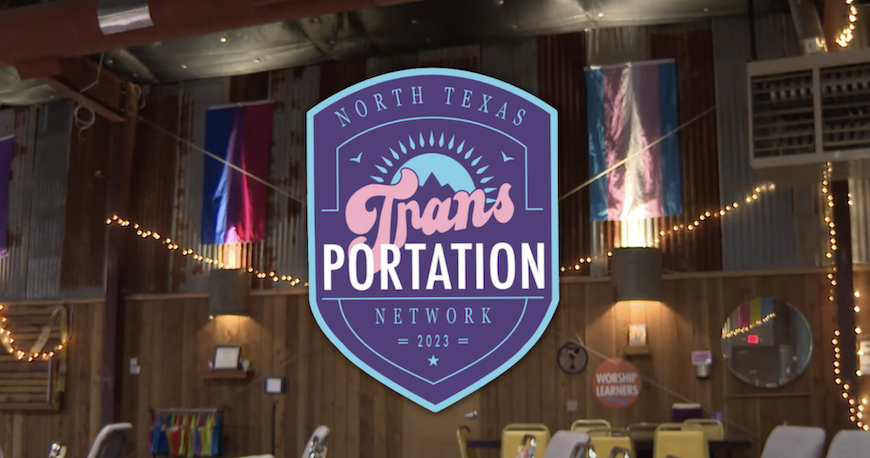Texas outlawed child mutilation so a Christian Church in Texas has announced that it will pay for the transit of any child in their area who needs to travel to go get mutilated.
Wow. You can really find anything in the Bible if you look hard enough. They say it’s about being a “good neighbor.”
I think it may be more about grooming. Just sayin.
Here’s their mission statement:
- We do justice for LGBTQ+ humans, and support the people who love them.
- We do kindness for people with mental illness and in emotional distress, and celebrate neurodiversity.
- We do beauty for our God-Who-Is-Beautiful.
- We do real relationship, no bullshit, ever.
- We do whatever it takes to share this good news with the world God still loves.
That sounds like totally Christian guys.
The Post-Millenial: Following the passing of Senate Bill 14, which prohibits anyone under 18 from receiving so-called “gender-affirming care,” a Texas church has taken it upon themselves to raise money to shuttle children to states where puberty blockers and child genital mutilation are still legal.
The Fort Worth-based Galileo Church, which bills itself as a “quirky, LGBTQ-friendly church seeking spiritual refugees” whose first missional priority is to “do justice for LGBTQ people,” announced the creation of the North Texas Trans-portation Network in late August.
According to the NTTN website, while the non-profit is an “integrated auxiliary ministry” of the Galileo Church, it is a “non-religious organization,” meaning those who access its services or contribute needn’t believe in God or participate in religious services.
To be eligible for funding, families must live in Collin, Cooke, Dallas, Denton, Ellis, Erath, Fannin, Grayson, Hood, Hunt, Johnson, Kaufman, Navarro, Palo Pinto, Parker, Rockwall, Somervell, Tarrant, or Wise Counties. Parents or guardians also “must be legally authorized to seek medical care for the trans or gender-diverse minor.”
In an interview with CBS News, NTTN Executive Director Cynthia Daniels called SB14 “devastating,” and said those who help the non-profit are “just being a good neighbor to a group of people who have been selected to not be able to receive their healthcare.”

Leave a Reply